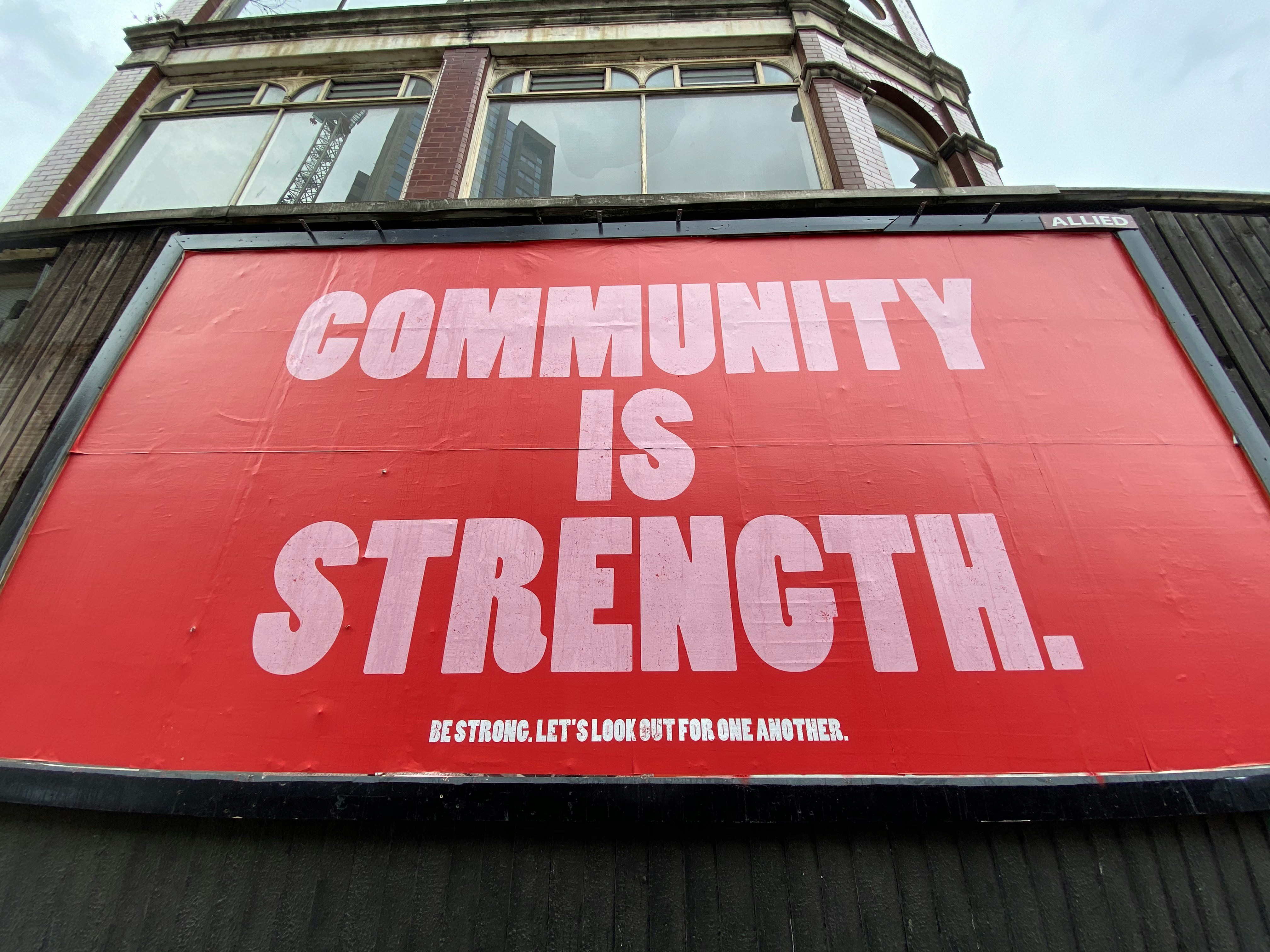
I remember the day I hit rock bottom. I was standing in the middle of what felt like the wreckage of my life, wondering if I would ever feel “normal” again. I had tried countless times to pull myself together, to be better, but it was overwhelming. That was the moment I realized I needed help beyond myself. I needed community support. Since then, I’ve learned just how vital it is to rely on others when navigating recovery.
The Power of Shared Experience
Joining a recovery group was one of the best decisions I ever made. Walking into that room for the first time was nerve-wracking, but I quickly discovered that everyone there understood what I was going through. The shared experience was a comfort unlike any other. Knowing that the group members were experiencing similar struggles made me feel less isolated, less like an outsider trying to “get back to normal.” It took the weight of feeling alone off my shoulders.
Shared experiences create a bond that is hard to replicate elsewhere. They provide a sense of camaraderie and understanding that cannot be overstated. When I interacted with others who had walked a similar path, I felt validated and reassured. It reminded me that even when I faltered, there was a network ready to catch me. Having a shared history became an unspoken agreement that none of us would let the other slip away.
For some, entering a program such as an outpatient alcohol rehab, is an important step toward healing. These programs not only offer professional guidance but also an extended community of peers who know firsthand the hurdles on the path to recovery.
A Source of Accountability
In recovery, accountability is a game-changer. I realized I couldn’t rely on self-discipline alone. The community I found in my support group gave me the accountability I needed. We held each other to our commitments, not with judgment, but with encouragement. Every meeting was a reminder of the goals I had set, and everyone there helped keep me honest in my journey. Knowing I had people checking in, both on good and bad days, was a force that propelled me forward much more than sheer willpower ever could.
Accountability partners became more than just meeting companions; they became allies in my progress. These relationships encouraged a more honest self-appraisal and a commitment to change that felt more concrete than mere self-promise. Together, we carved mutual expectations that not only prevented backsliding but also emboldened each of us to pursue our recovery with vigor.
Learning Through Others’ Progress
Listening to others share their stories was enlightening. While my journey was unique, the common threads that ran through many of our experiences taught me valuable lessons. Observing how different people tackled similar challenges influenced how I managed my own roadblocks. There were moments when hearing someone’s story sparked an idea or approach I hadn’t considered before. Their progress—and even their setbacks—always reminded me that change was possible and that recovery was attainable.
Every story shared became a lesson learned. Each participant’s narrative revealed new insights into handling temptations, overcoming grief, or celebrating small milestones. The strategies that worked for others often became blueprints for tackling my own challenges. Watching peers triumph over adversity made me believe in my own potential, reinforcing the notion that no struggle was too great to overcome when armed with knowledge and determination.
A Comforting Shoulder and Safe Space
Facing difficult times alone can make you feel raw and vulnerable. What I found most comforting in my community was having a “safe space” to express feelings I didn’t fully understand myself. Sometimes, I just needed someone to listen—a role every member of the group took seriously. The simple act of voicing my struggles aloud without fear of judgment was cathartic. We became each other’s support systems, each of us eager to lighten the other’s load, exchanging empathy without reserve.
A safe space allowed individuals to shed their emotional armor and confront their vulnerabilities head-on. It served as a therapeutic refuge, a rare environment where validation and empathy intertwined to promote healing. In this cocoon of acceptance, we dissected fears we held and discussed aspirations we dared to dream. The collective resolve of openness and vulnerability made the journey less terrifying and more bearable.
The Group as Motivation
When self-doubt crept in, the community stood me back up. For others and myself, these meetings became a source of hope. Seeing individuals persevere through obstacles and hear them state that they struggled but still pushed forward was the motivation I often needed. It reaffirmed what I had already known deep down—if they could do it, so could I. We remained each other’s cheerleaders, celebrating small victories as if they were monumental achievements because, in truth, they were.
The group’s motivation played a significant role in shifting my perspective from what had been lost to what could be gained through resilience. Each meeting was a mix of encouragement and celebration of persistence. This collective drive not only inspired personal growth but also fostered a sense of belonging and shared ambition—elements that became cornerstones of individual and mutual strength in our diverse yet unified journeys.
In Closing
Reflecting on my recovery journey shows me the undeniable significance of community support. Navigating this path is daunting when attempted solo, but sharing that burden amongst a group makes it manageable. For anyone embarking upon their own recovery, embedding oneself in a compassionate community is invaluable. It’s not just about having a shoulder to cry on or a mind to pick; it’s about having a network that embodies hope, perseverance, and shared resilience, without which, I might still be trying to find my way back without success.